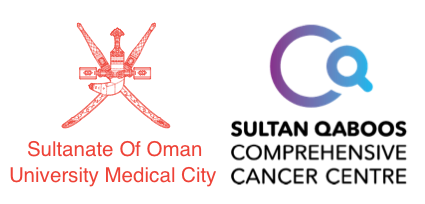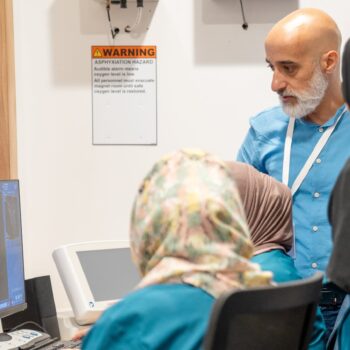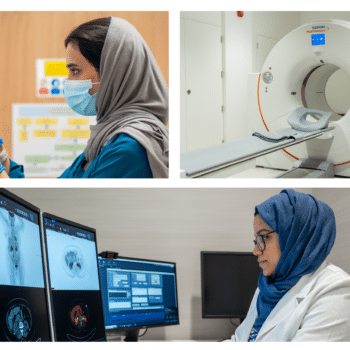I am a genetic counsellor! What is this you may ask?
Article: Dr Chantel van Wyk – Genetic Counsellor
Genetic counsellors are specialists with expert knowledge in human genetics, counselling and health communication skills. They work as part of a team, usually with medical specialists such as clinical geneticists, oncologists, surgeons etc.
Genetic counselling is a communication process, which aims to help individuals, couples and families understand and adapt to medical, psychological and reproductive implications of the genetic contribution to specific health conditions. Genetic counselling sessions involve learning about how specific genetic conditions are inherited (passed on in the family) and/or who in the family may be at risk of developing a particular condition.
In cancer genetic counselling experts will evaluate family health history and talk about risks for inherited cancer; what are the characteristics of inherited cancers; what is genetic testing and how it may assist to identify inherited cancers; what are the screening and management for those at increased risk. If a cancer susceptibility gene is identified in a family, at-risk family members can have predictive counselling and testing and those who are found to carry the pathogenic (disease causing) genetic variant can benefit from early screening and management.
The genetics team at the Sultan Qaboos Comprehensive Cancer Care and Research Centre welcomes you and your family with questions about inherited cancers, and to assist to clarify your risk. Herewith more information to assist you in making an informed decision.
“I have a family history of cancer, should I have genetic counselling?”
A family history of cancer does not mean that you will develop cancer. It simply means that you have a higher chance of developing it based on your family’s history. Certain cancers, including breast, colon, uterine, stomach, ovarian, melanoma, thyroid and pancreatic cancer, are more likely to run in some families.
Genetic counsellors and clinical geneticists can help to refine an individual’s risk of developing these cancers by assessing the individual and family history. These specialists can give information about hereditary cancers (inherited risk for cancer) and explain how cancers are inherited (passed on in families). Genetic testing can in some instances reveal the presence, or absence, of gene changes for cancers believed to “run in the family.” Genetic testing can be offered to refine individual’s risk and screening and health management guidelines could potentially be lifesaving.
“Who should have genetic counselling and testing?”
You may benefit from genetic counselling and testing for inherited cancer if your family history includes:
Cancer that occurs at an early age (50 or younger).
Two or more close relatives who have the same type of cancer or related cancers.
Cancer that has occurred in more than one generation of a family.
More than one cancer in the same family member, e.g. breast/ovary, colon/uterus or melanoma/pancreas.
A close relative with a rare type of cancer or tumor e.g. pheochromocytoma.
Cancer that develops in both breasts, both ovaries, both kidneys, etc.
Other factors associated with inherited cancers, such as multiple colon polyps or desmoid tumours.
“What type of information do you collect at the genetics clinic?”
A detailed personal medical and cancer history regarding the person coming to see us.
The total number of people in the family over three generations (all relatives those with and without cancer).
What area/s of Oman the family is from.
Maternal and paternal last names.
Which family members was diagnosed with cancer or any rare tumours and received treatment.
The type or location of cancer/s.
Age when cancer was diagnosed.
Where they were treated.
Any medical reports about their cancer (e.g. histology reports).
Genetic test results (if this was done).





